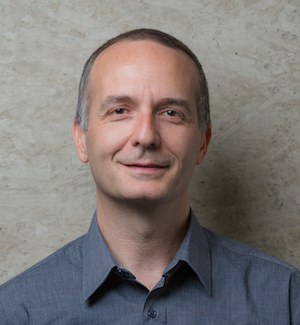https://internet-live.fz-juelich.de/en/ias/jsc/publication-lists/di-napoli_e

Dr. Edoardo Di Napoli
Head of SDL Quantum Materials
PI in Helmholtz Information Program 1, Topic 1 & Joint Lab VMD
Research Topics
Address
Forschungszentrum Jülich GmbH
Wilhelm-Johnen-Straße
52428 Jülich
Institute for Advanced Simulation (IAS)
Jülich Supercomputing Centre (JSC)
Building 14.14 / Room 4017
About me
In 1999, Edoardo Di Napoli was the recipient of the prestigious Fulbright fellowship which lead him to pursue his graduate studies in the US. He was awarded his Ph.D. in Physics in August 2005 by the University of Texas at Austin working in the team of the Nobel laureate Steven Weinberg. From 2005 until fall 2007 Dr. Di Napoli was a postdoctoral associate at the University of North Carolina and a visiting scientist at the Perimeter Institute for Theoretical Physics in Waterloo, Canada. Between 2007 and 2009 Dr. Di Napoli started his own consulting company in the sector of renewable energy with special focus on integrated photovoltaic devices. In 2008 he worked as an executive manager for the NetIQ software corporation. At the end of 2009 I was hired as postdoctoral researcher by AICES graduate school. From 2011 until 2013 he was the recipient of the VolkswagenStiftung fellowship "Computational Science". From 2013 until 2016, he lead the JARA SimLab "ab initio methods in Quantum Chemistry and Physics". Since 2017 he is the head of the Simulation and Data Lab Quantum Materials. Dr. Di Napoli interests range from mathematical modeling to numerical linear algebra and computational physics with a special focus of enabling high-performance large scale quantum mechanical simulations. His work is quite interdisciplinary in nature encompassing technical knowledge in parallel programming, to algorithm optimization applied to code development and code modernization. He is the author of several publications at the interface between numerical linear algebra and scientific computing. Besides the involvement in numerical methods and algorithm optimization, he leads the new SimLab towards the development of new methods for the simulation of materials for energy applications, as well as the use of data mining techniques for the prediction of macroscopic properties of quantum materials.
